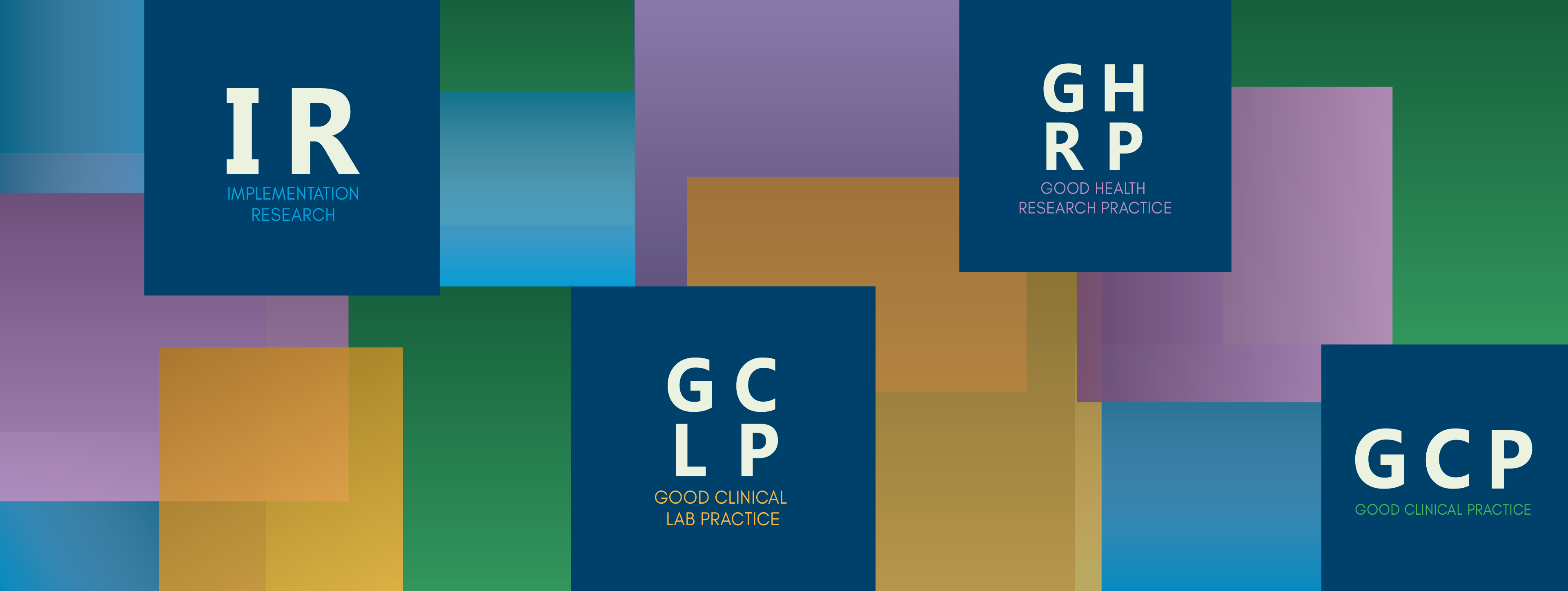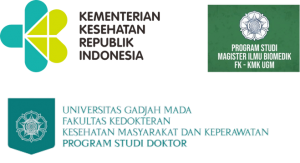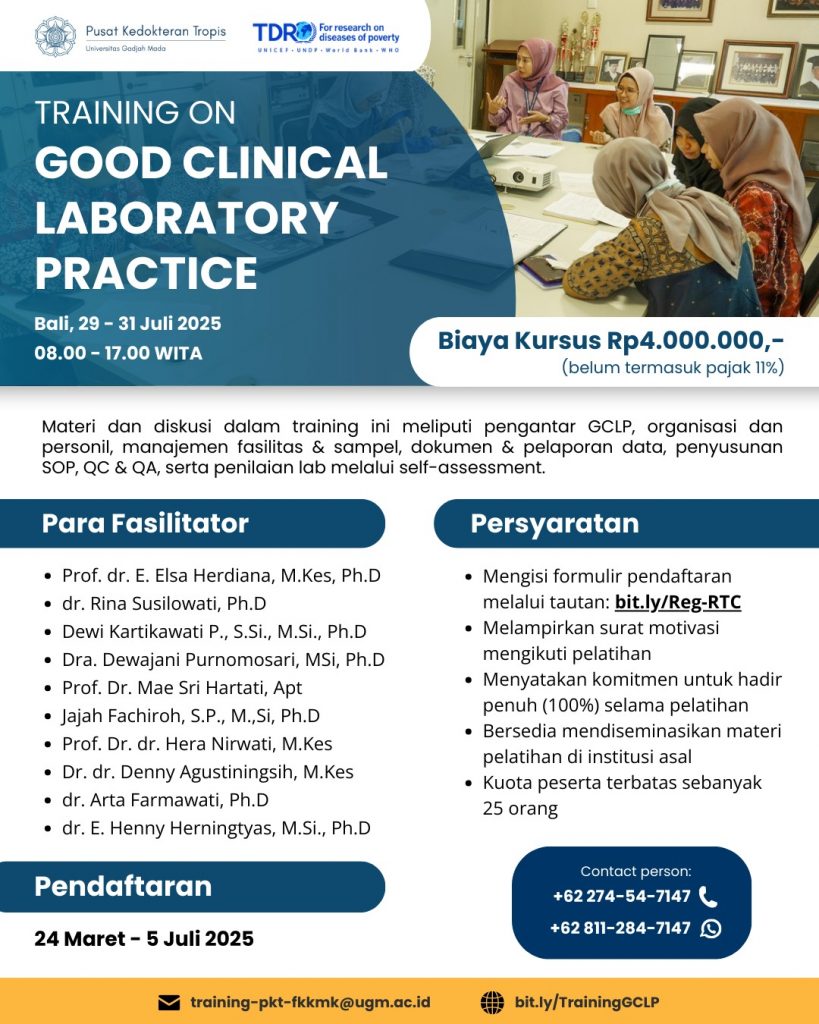Modules
Following a brief introduction which provides an essay writers overview of the course, the training will be delivered through lectures, discussions, laboratory visit and problem analysis which focuses on a series of modules:
- Personnel and Organization
- Facilities, Equipment and Supplies
- Sample Collection and Management
- Standard Operational Procedures
- Documents
- Data Recording and Reporting
- Method Validation
- Quality Assurance and Quality Control
- Laboratory Assessment
Facilitators
This course will be led by experienced professionals in the field:
- Prof. dr. E. Elsa Herdiana, M.Kes, Ph.D
- dr. Rina Susilowati, Ph.D
- Dewi Kartikawati P., S.Si., M.Si., Ph.D
- Dra. Dewajani Purnomosari, M.Si., Ph.D
- Prof. Dr. Mae Sri Hartati, Apt
- Jajah Fachiroh, S.P., M.Si., Ph.D
- Prof. Dr. dr. Hera Nirwati, M.Kes
- Dr. dr. Denny Agustiningsih, M.Kes
- dr. Arta Farmawati, Ph.D
- dr. E. Henny Herningtyas, M.Si., Ph.D
Requirements
Requirements
Target participants are those who are involved in research/clinical research with laboratory practices such as principal investigators, researchers, laboratory managers, etc.
To participate in this training, applicants must:
- Complete the registration form via this link: bit.ly/Reg-RTC
- Submit a motivation letter outlining their interest in the training
- Commit to full attendance (100%) throughout the training
- Be willing to disseminate the training materials within their home institutions
Previous GCLP Training Events
National GCLP Training (Self-funded)
10–12 September 2024
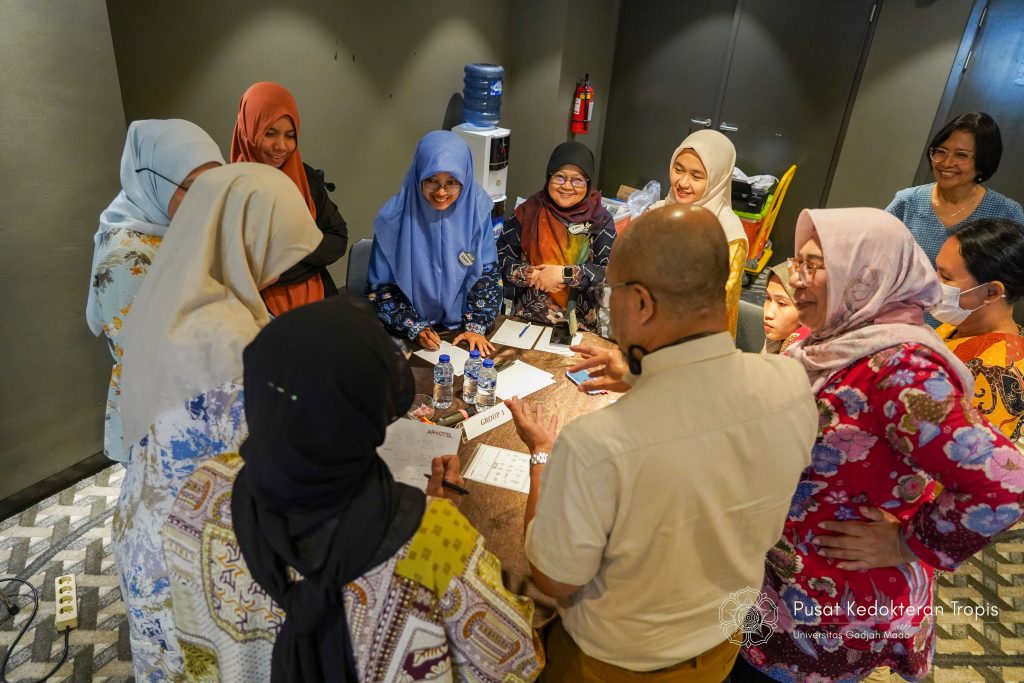
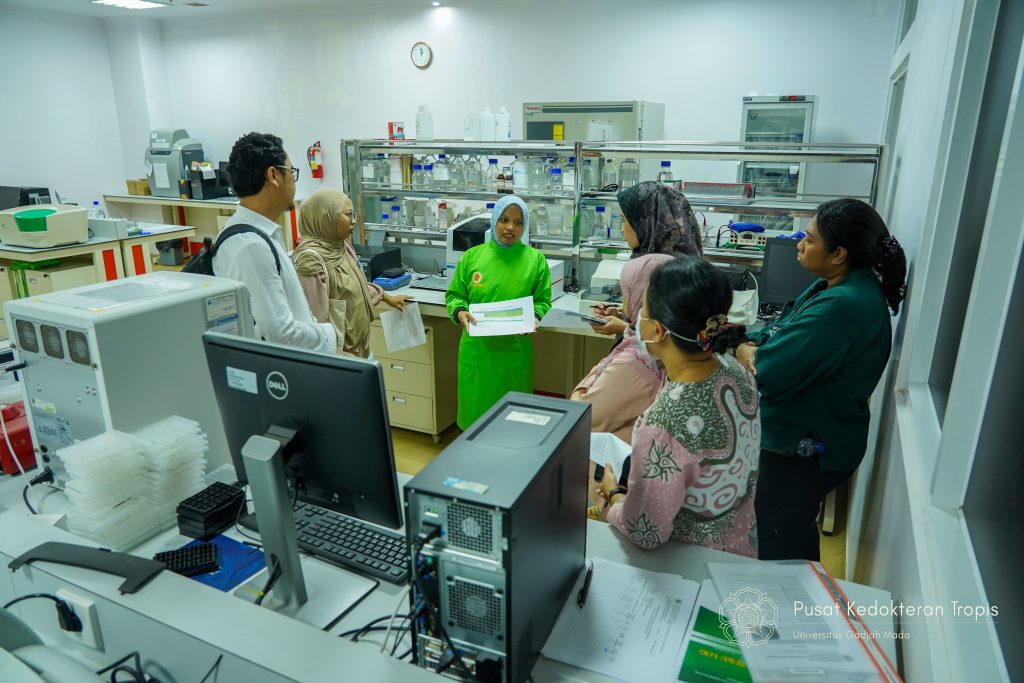
Program Doktor (S3), FK-KMK UGM
16–18 Desember 2024
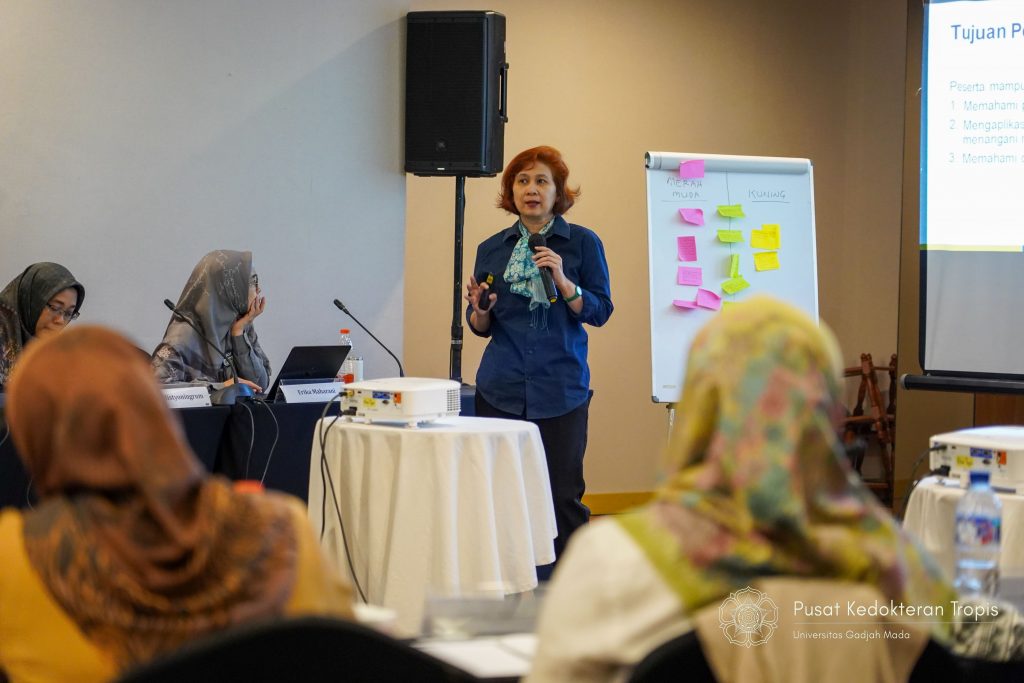
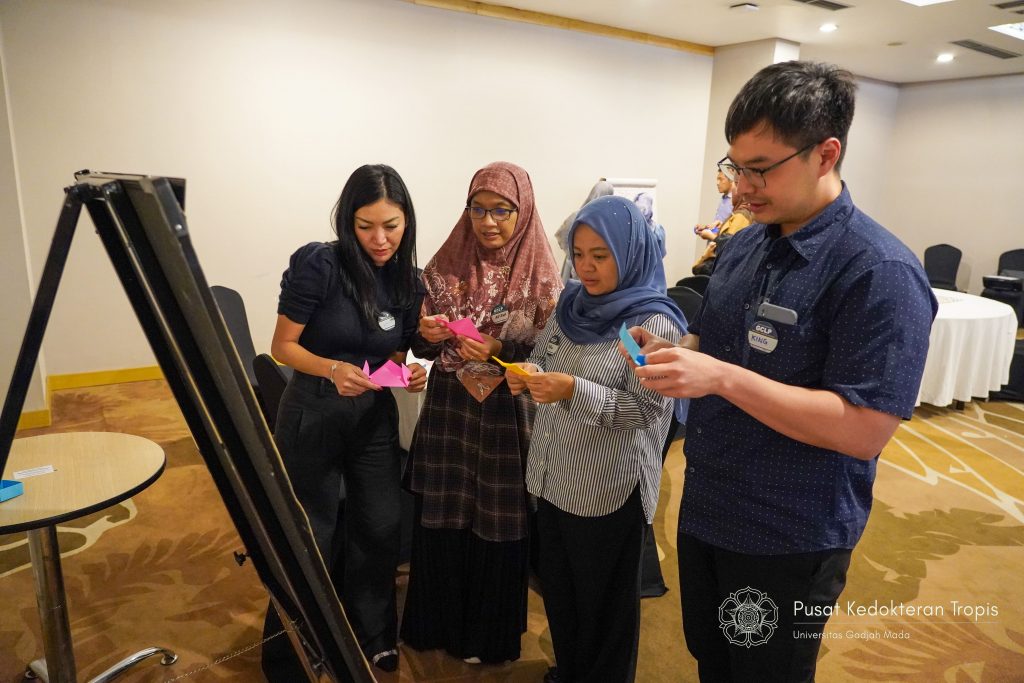
Magister Ilmu Biomedik (S2 MIB), FK-KMK UGM
19–22 Februari 2024
Kementerian Kesehatan RI
25–27 Februari 2025
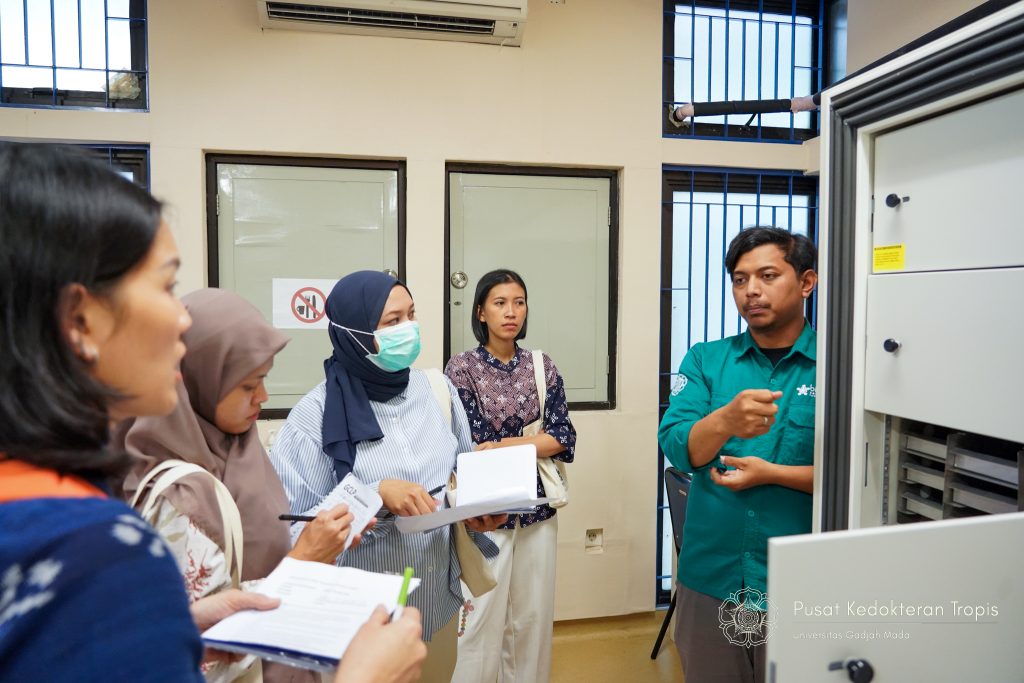
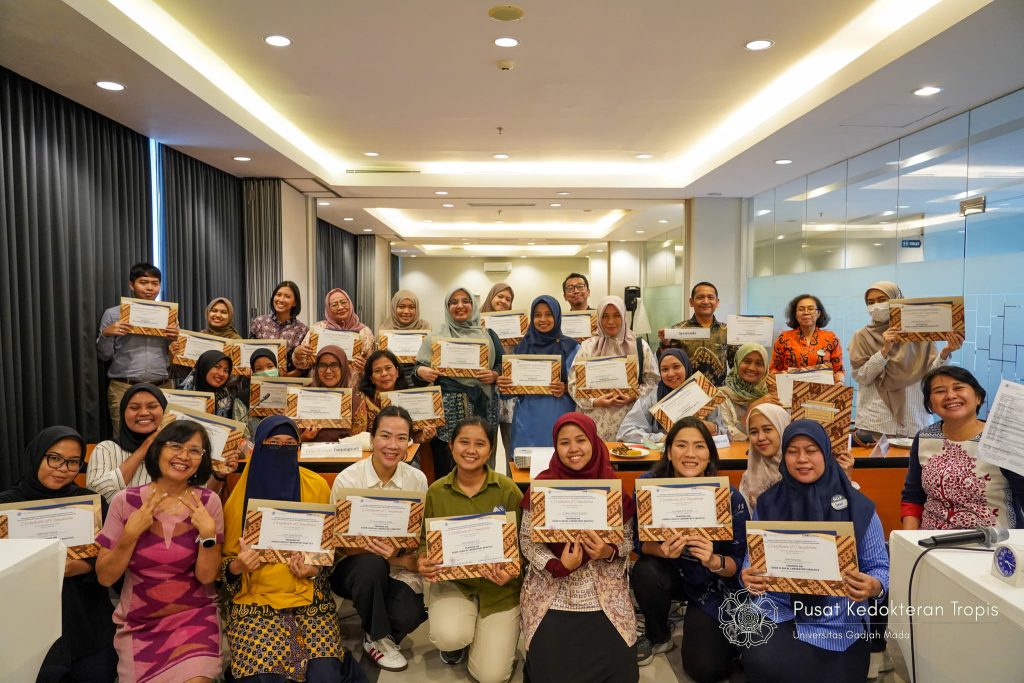
Contact Person
📞 Phone: +62 274-54-7147
📱 WhatsApp: +62 811-284-7147

